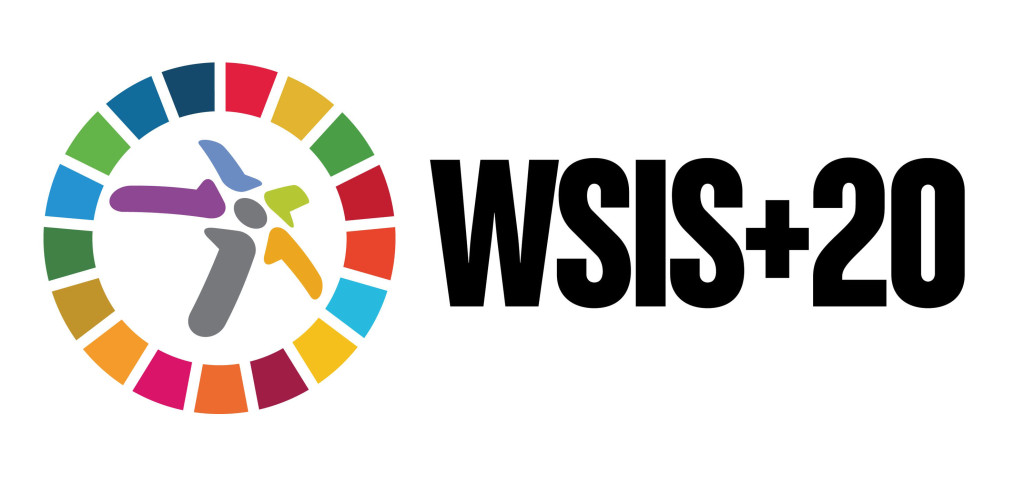EU SEE pushes for stronger civic-space safeguards and rights-based commitments in WSIS+20 draft
In its submission to the WSIS+20 Zero Draft, the EU System for an Enabling Environment (EU SEE) calls for a stronger focus on civic space, human rights, and inclusive digital governance. The proposals seek to ensure that the review of the World Summit on the Information Society (WSIS) outcomes in 2025 reinforces transparency, accountability, and participation across all areas of digital policy.

The EU System for an Enabling Environment (EU SEE) has called on governments to strengthen protections for civil society and human rights in the forthcoming WSIS+20 outcome document. In its detailed submission to the Zero Draft, the group urges the United Nations and member states to make openness, accountability, and participation central pillars of the next phase of global digital governance.
The proposals, dated 26 September 2025, recommend new language to explicitly recognise the protection of civic space as a prerequisite for meaningful participation in digital policymaking. EU SEE warns that shrinking civic space – through intimidation, surveillance, and misuse of digital laws – threatens inclusive governance and democratic accountability.
The submission proposes several new paragraphs to reinforce these safeguards. Governments would be asked to refrain from smear campaigns against non-governmental actors, journalists, and community groups, and to ensure that any online content restrictions comply with legality, necessity, and proportionality standards under international law. The document also highlights the importance of mentorship and capacity-building for civil society participation, particularly from the Global South.
In the human-rights section, EU SEE calls for tighter safeguards against online harms, arbitrary surveillance, and network shutdowns. It proposes explicit recognition of encryption as a cornerstone of trust and security online and warns against attempts to weaken cryptographic protections. The text also includes clearer expectations for companies to conduct human-rights due diligence, assess risks to civic space, and publish transparent reports on government takedown requests.
The submission further urges digital platforms to grant researchers, including those from civil society, equitable access to the data needed to study misinformation, hate speech, and online manipulation, in line with established privacy safeguards.
Beyond civic space, EU SEE’s inputs touch on other priority areas. They advocate for affordable and meaningful internet access, community-based connectivity, environmental sustainability through eco-design and right-to-repair policies, and stronger accountability in artificial intelligence. On AI, the group proposes mandatory human-rights and social-impact assessments, transparency requirements, and prohibitions on uses incompatible with international law, such as mass surveillance.
A significant portion of the proposal focuses on the future of internet governance. EU SEE calls for the Internet Governance Forum (IGF) to become a permanent UN body, supported by predictable, multi-year funding and an independent secretariat. It also proposes a dedicated funding mechanism to ensure sustained civil-society participation, with special attention to underrepresented regions.
Finally, EU SEE suggests establishing an annual WSIS–Global Digital Compact stock-take, hosted by the WSIS Forum, to review progress and align commitments across UN digital initiatives.
The recommendations form part of a broader civil-society push to ensure that the WSIS+20 review – set for 2025 – anchors digital transformation firmly in human rights, transparency, and multistakeholder inclusion.


